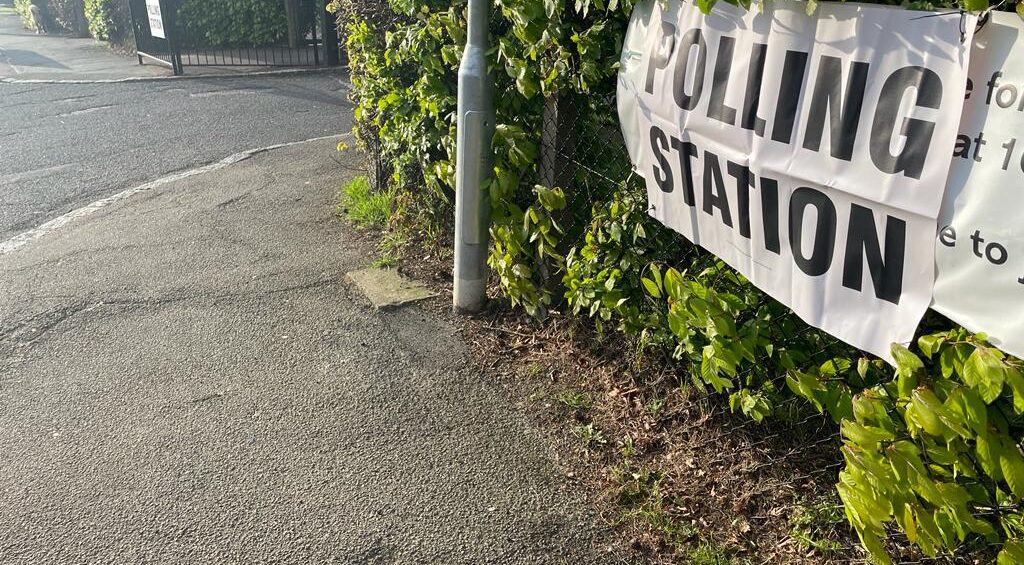
We’ll have a general election within the next year and elections for Councillors, mayors, Police and Crime Commissioners and the London Assembly, in May.
With all this activity going on, it feels like democracy is in action, but over the last few years, there has been a raft of legislation that has changed the way our representatives are elected and the rules about how we cast our vote.
Trade unionists have a long history of fighting for our democratic rights. The question for us is whether these recent changes have made voting fairer or not.
Let’s take a closer look at three of those changes and how they came about.
They have changed how we vote for directly elected Mayors
Mayors were originally elected using the Supplementary Vote system, not First Past the Post.
The basic principle of the Supplementary Vote is that the winning candidate needs broad support to win. To achieve this, people mark not just a first, but also a second choice of Mayor. If no candidate wins a majority, the top two candidates go through to a runoff. Second choice votes are transferred and the candidate with the most votes at this stage wins. This ensures that the winning candidate has broad support from the people they represent – this is hugely important in Mayoral elections given how large the area is that they represent and the huge budgets they are in control of.
Fast forward to 2022 and the Tories realised that their chances of winning mayoral elections were on the low side and changed the voting system to First Past the Post. The Tories’ thinking relies on the fact that it’s the progressive vote that tends to be split across more candidates.
Not only is this less fair, but it also drives local politics towards a two-party system (where one party usually wins) and drives out smaller parties with a significant following.
They have taken back control of when general elections happen
All elections in the UK are for a fixed term, apart from General Elections. It is only in the UK Parliament that politicians are able to determine when you can vote them in or out.
The Tory/Lib Dem coalition introduced the Fixed Term Parliaments Act 2011 so that everyone knew when the next election would be, and the prime minister couldn’t hold out until they thought they had the best chance of winning.
In theory, the legislation transferred the power for calling elections from the Prime Minister to the House of Commons, but in reality, a Government with a large majority obviously returned that power to the Prime Minister. This was not enough for Boris Johnson who seized the opportunity offered by his majority to repeal the Fixed Term Parliaments Act and enable Governments to call a general election at the time of their choosing. Power has been taken away from 650 MPs in Parliament and once again, placed in the hands of just a few.
They have changed who can vote, to their advantage
Voter ID was introduced to address a problem that didn’t really exist. The Electoral Commission had found little evidence of widespread electoral fraud in the UK. As outlined in a House of Commons report on Voter ID, the number of convictions and cautions for personation (pretending to be someone you’re not) was low. There were none in 2022.
After the local elections, an Electoral Commission report showed that 14,000 eligible voters were denied their democratic right to cast their ballots on polling day. This figure underplays the impact of the policy because it doesn’t take into account those who were put off voting because they didn’t have valid ID in the first place. Far from supporting democracy, the introduction of Voter ID has undermined it.
Somewhat surprisingly, even Jacob Rees-Mogg said:
“Parties that try and gerrymander end up finding their clever scheme comes back to bite them – as dare I say we found by insisting on voter ID for elections.”
“We found the people who didn’t have ID were elderly and they by and large voted Conservative, so we made it hard for our own voters and we upset a system that worked perfectly well”
He was only partially right – The Electoral Commission found that it had a disproportionate effect on disabled and unemployed voters, who were more likely not to vote due to not having ID. It also found a greater proportion of 18-25-year-olds as well as people from ethnic minority backgrounds said they had turned up to polls without ID.
In conclusion, we’ve seen the Tories change the way our Mayors are elected so that they can get in by just appealing to their core vote, they’ve passed laws enabling them to call elections only when it suits them, and they’ve tried to gerrymander the voting system by introducing Voter ID. None of the changes have improved democracy, but all have been an attempt to keep a right wing party in power at every level of government.